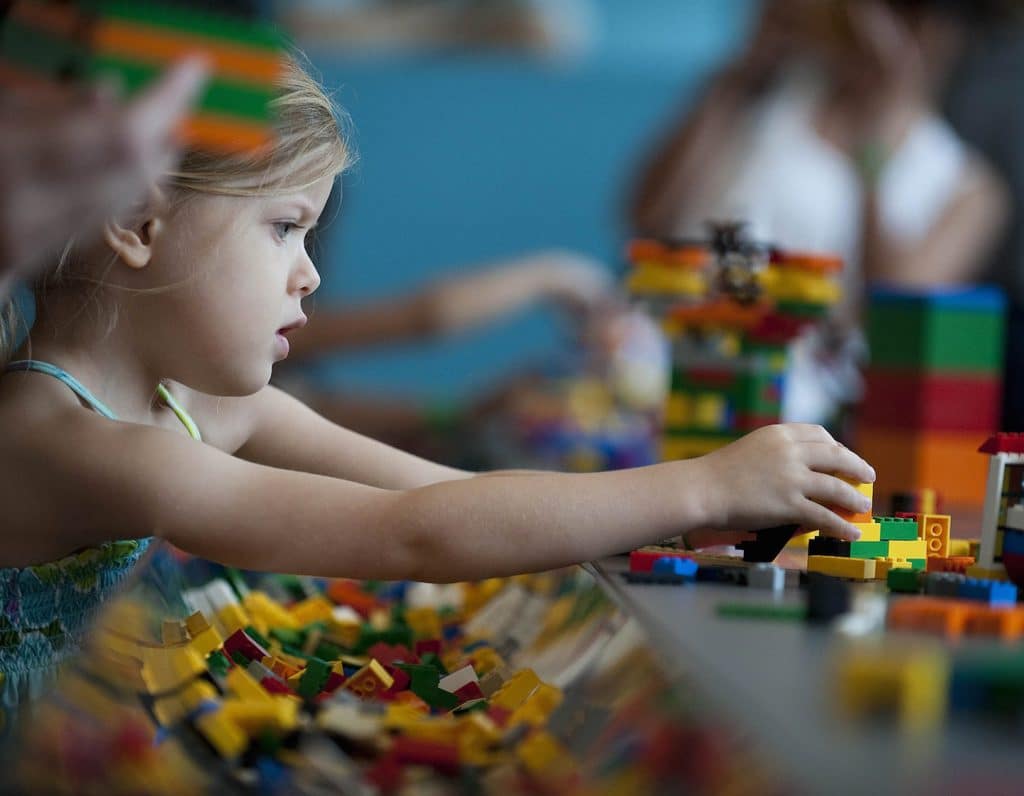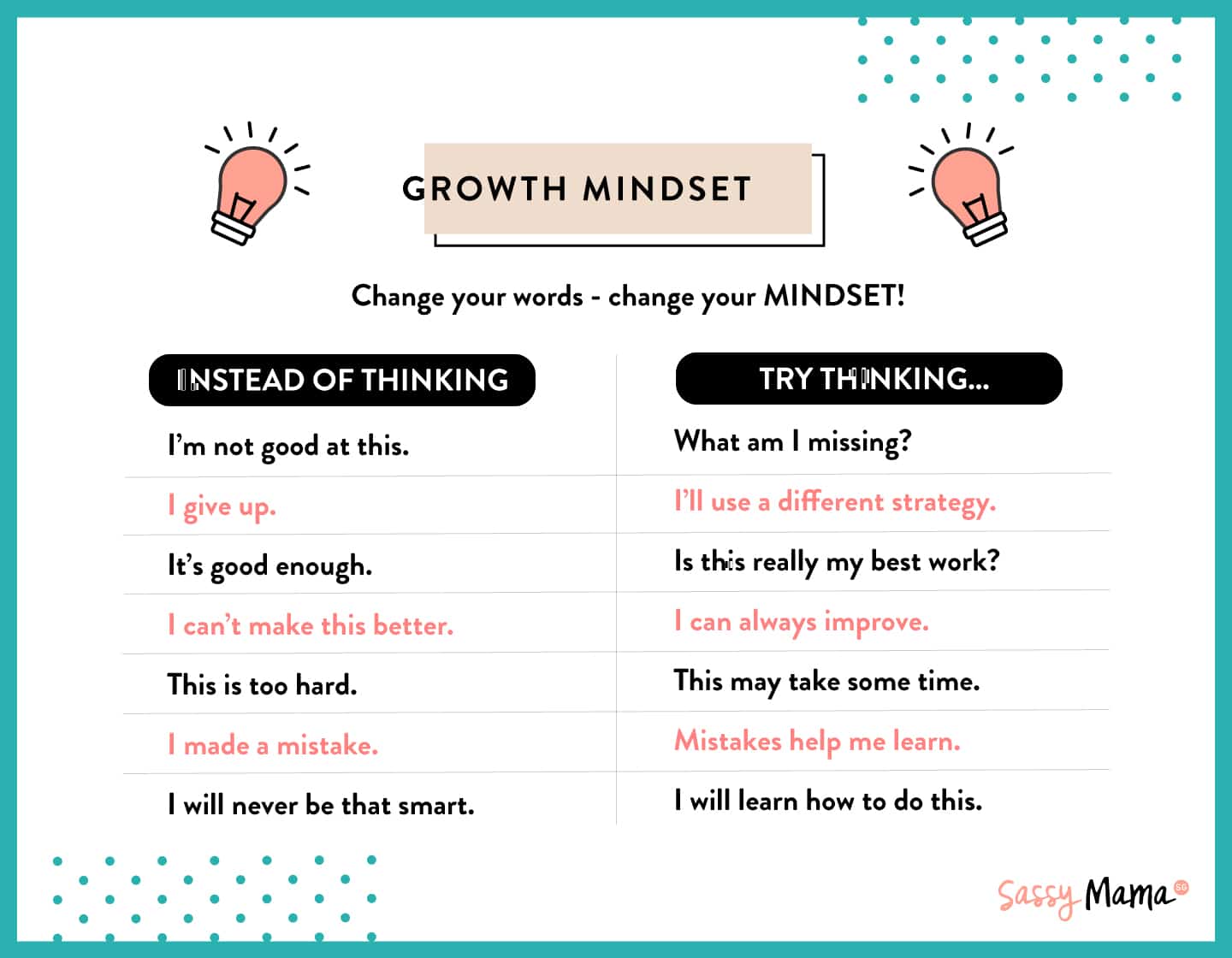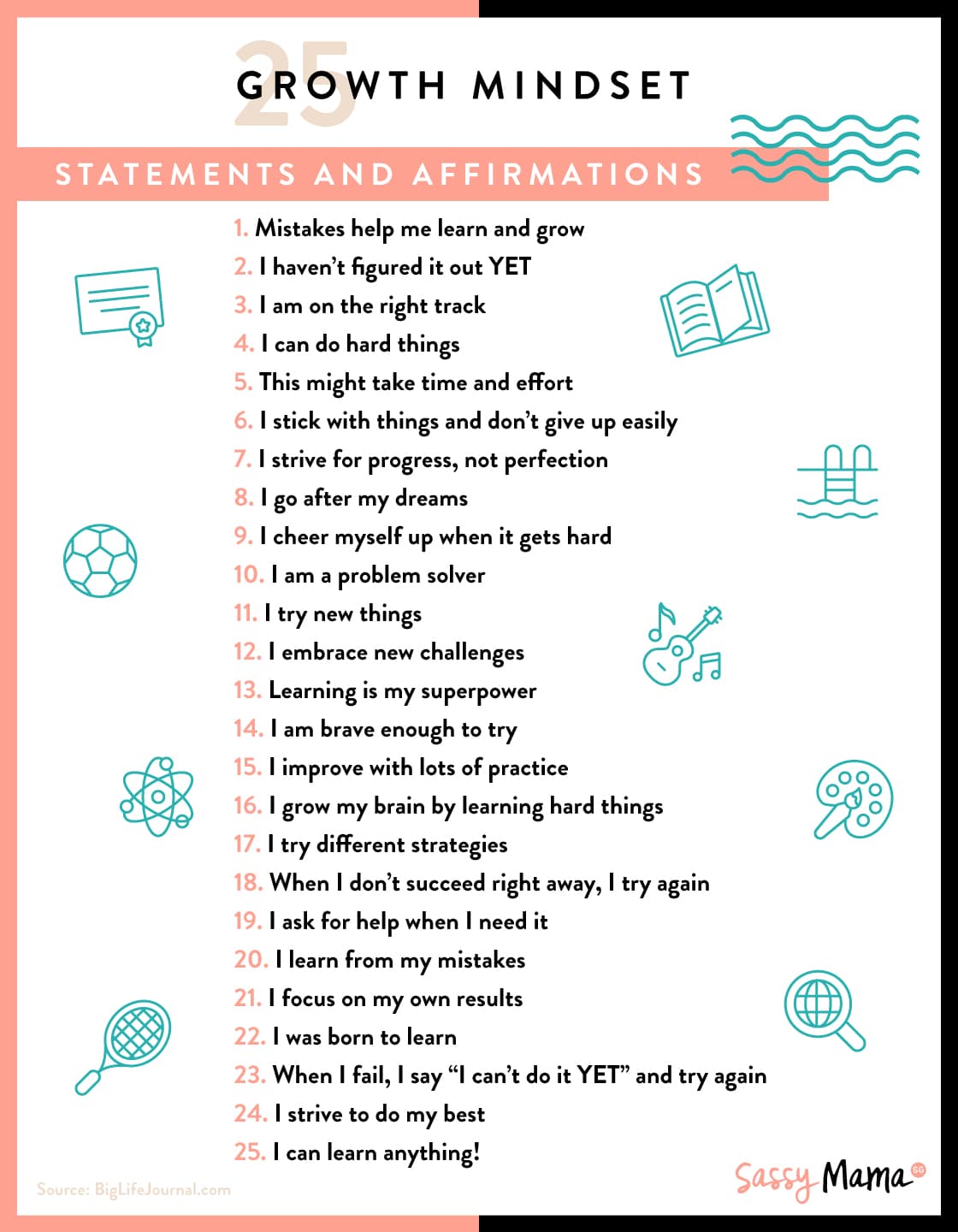
A key piece of parenting advice: Praise your child’s effort, not their intelligence or accomplishments. Here’s why growth mindset is so crucial to your child’s success.
I first came across the concept of growth mindset when reading this article all the way back in 2007. I didn’t have kids at the time (I wasn’t even married, in fact!), but was so blown away by the research and outcomes that I bookmarked the article and emailed it to myself with the subject line, “Read again when you have kids.”
Read more: Grit: How to Foster Success in Your Kids

Fast forward to my pregnancy in 2014, and sure enough the book from which this article was excerpted, Nurture Shock, was pretty much my how-to guide on child rearing. I can never recommend it enough; it’s fantastically interesting and covers topics like bilingualism, why children lie, and how to actively discourage racism (which is actually something of a default in kids! Who knew?). But it’s the chapter on growth mindset and the research of Psychology Professor Carol Dweck (now of Stanford University) that made the book famous, and with good reason.
In Professor Dweck’s research, there are two types of mindsets: growth mindset, and fixed mindset. In her own words (bolded for emphasis):
“In a fixed mindset, people believe their basic qualities, like their intelligence or talent, are simply fixed traits. They spend their time documenting their intelligence or talent instead of developing them. They also believe that talent alone creates success – without effort. They’re wrong.
“In a growth mindset, people believe that their most basic abilities can be developed through dedication and hard work – brains and talent are just the starting point. This view creates a love of learning and a resilience that is essential for great accomplishment. Virtually all great people have had these qualities.”
In simplest terms for parents, growth mindset is all about praising effort, rather than abilities. In an experiment conducted by Dweck and her team, fifth graders were all given a test, told their scores, and then received a single line of praise, either “You must be smart at this,” or “You must have worked really hard.”
Kids were then given a second test, and told they could choose an easy test, or a harder test in which they’d learn a lot by attempting puzzles. As Po Bronson of Nurture Shock points out:
“Of those praised for their effort, 90 percent chose the harder set of puzzles. Of those praised for their intelligence, a majority chose the easy test. The ‘smart’ kids took the cop-out.”
In a third round of tests, by far the most difficult, the kids who’d been praised for their effort got super involved in trying to figure out solutions and problem solve, while the ‘smart’ kids were miserable and gave up more easily.

Here’s where the results get really interesting: in a final round of tests (easy and on par with the first round), the effort kids improved their scores significantly, by about 30 percent. Even more amazingly, the kids who’d been praised for being smart, perhaps feeling demoralized by the previous round of difficult tests, fared about 20% worse than when they took the test the first time around!
Looking at the kids who are told they’re smart, it seems that they assume they don’t need to try because their abilities will simply carry them through. They also become risk-averse, because failure could reveal them to not be so smart after all, creating a vicious cycle of despondency and quitting.
Effort, meanwhile, is something measurable that everyone can exert. Even if you don’t necessarily succeed, you’ll know when you’ve tried. All of this ties in to the concepts of grit and resilience, which have shown to be better predictors of success – academic, emotional, professional – than qualities like IQ or self-esteem. It’s moments like these where a bit of determination and yes, even stubbornness, can come in handy in the face of failure!
If you have a moment, mama, I highly suggest watching this TED talk from Professor Dweck. She distills Growth Mindset perfectly in the tagline: when it comes to solving a tough problem, are you not smart enough to solve it … or have you just not solved it yet?

Growth Mindset is absolutely something to encourage and cultivate in our children, but it’s not too late to work on your own, mama, both for your own benefit and for your kids’. Angela Duckworth, author of Grit: The Power of Passion and Perseverance, recommends families adopt the “hard thing rule”, where everyone should be working on one difficult thing at any given time.
The key is to stick with that “hard thing” (it could be anything from completing a puzzle, to practicing an instrument, to getting through a tough book) for a set period of time and to undertake deliberate practice daily. The lesson – an important one for kids and adults alike – is that self-discipline and hard work yield results.
Want to learn more? Check out our handy downloadable list of 25 Growth Mindset affirmations. Share them with your kids, and say them together every day!






 View All
View All





 View All
View All









 View All
View All











